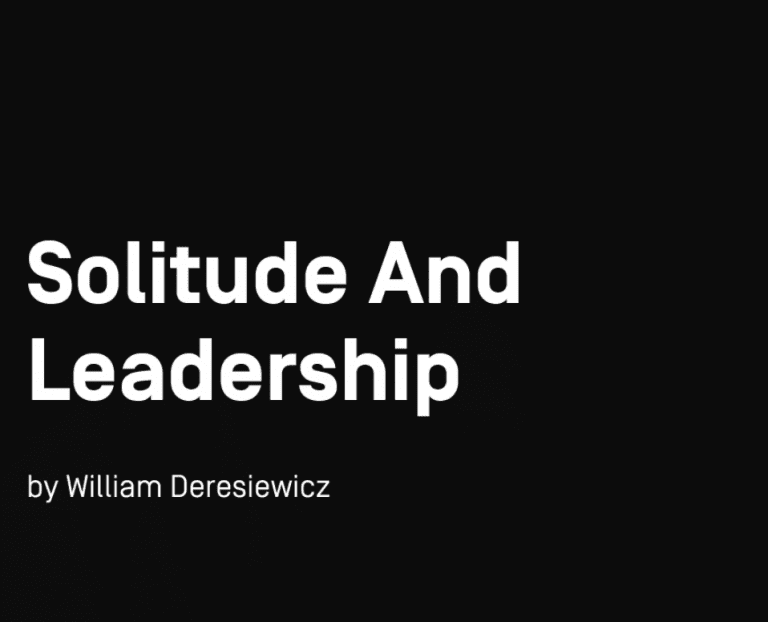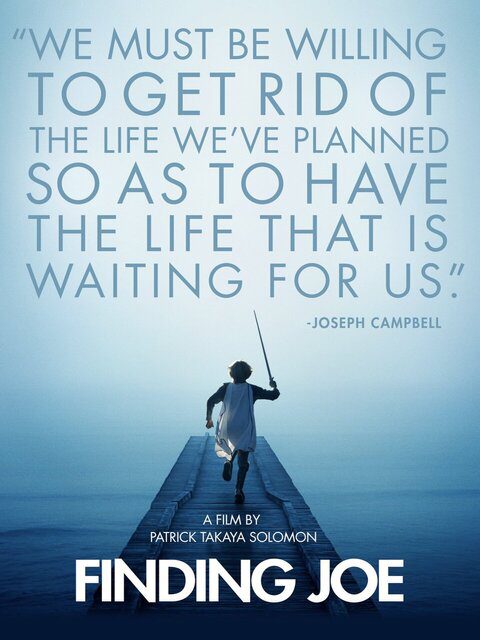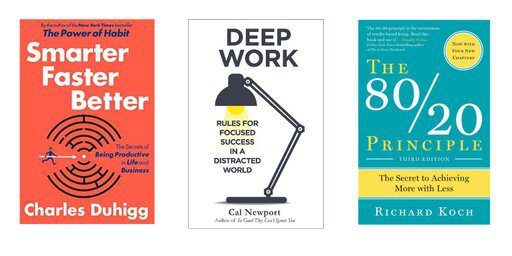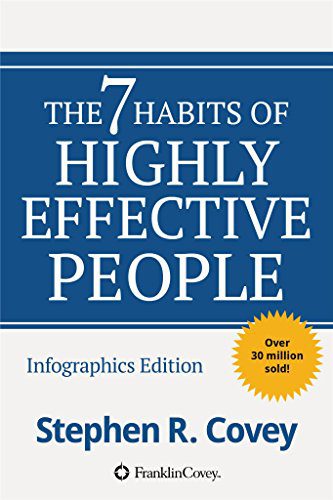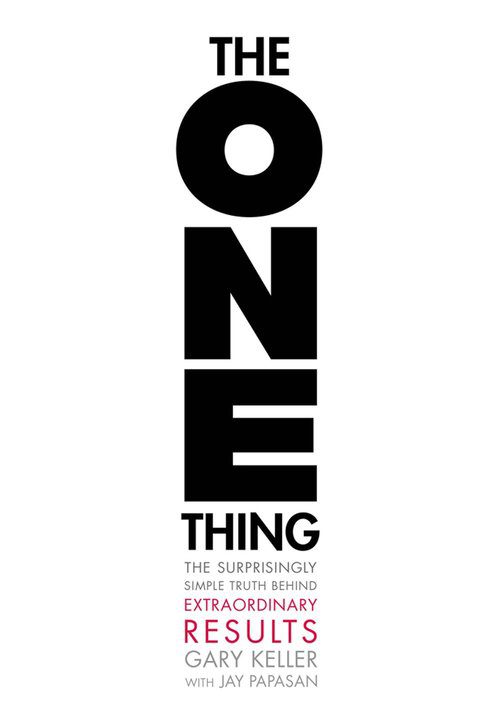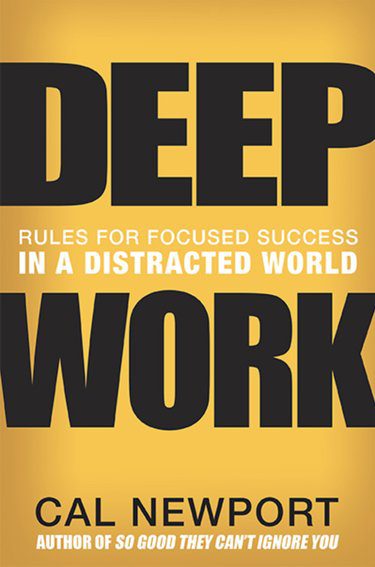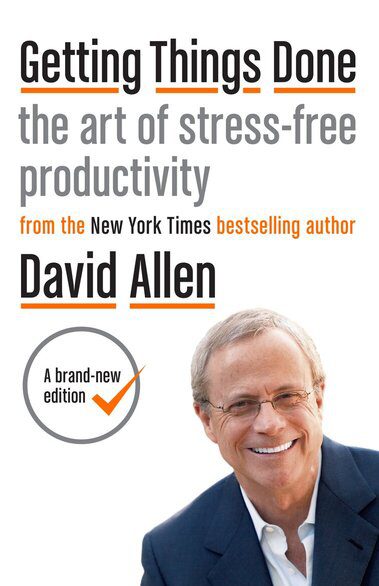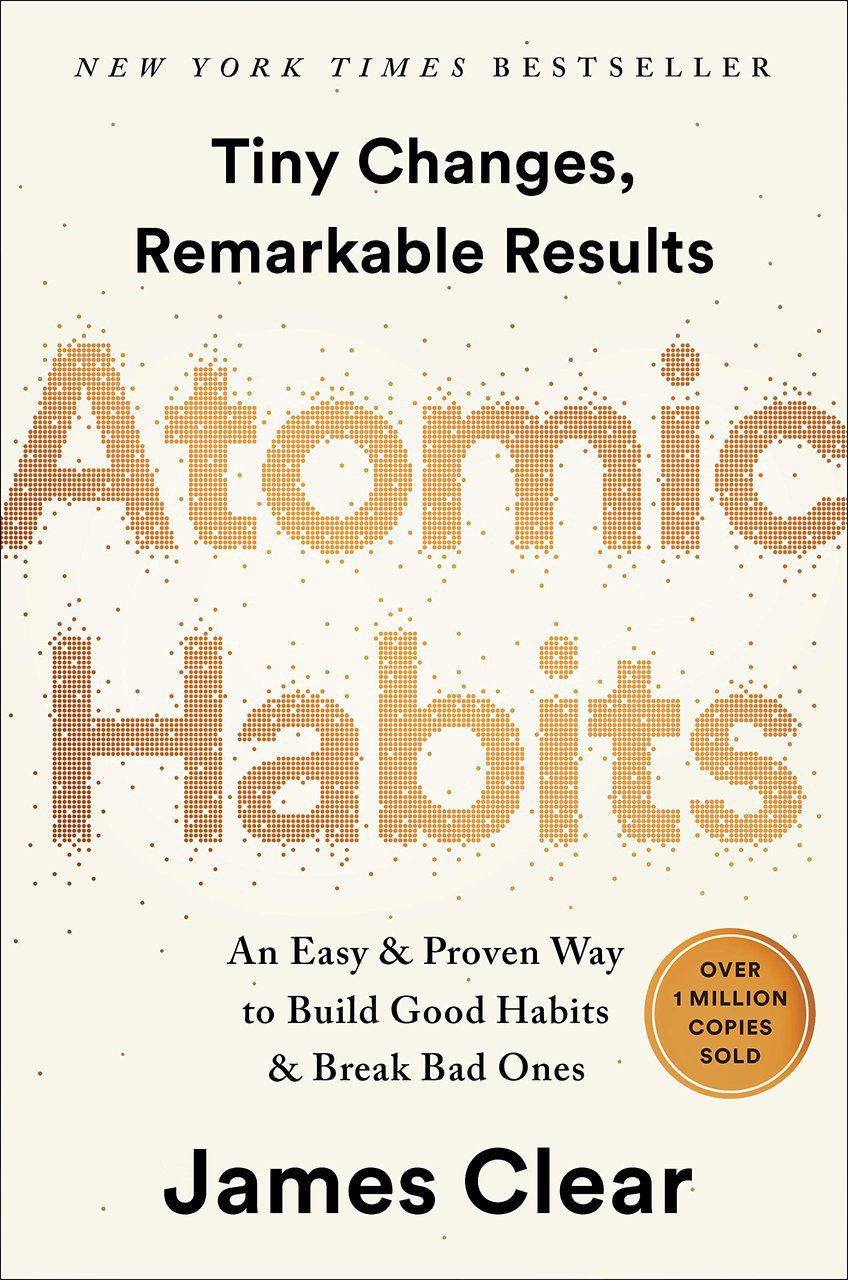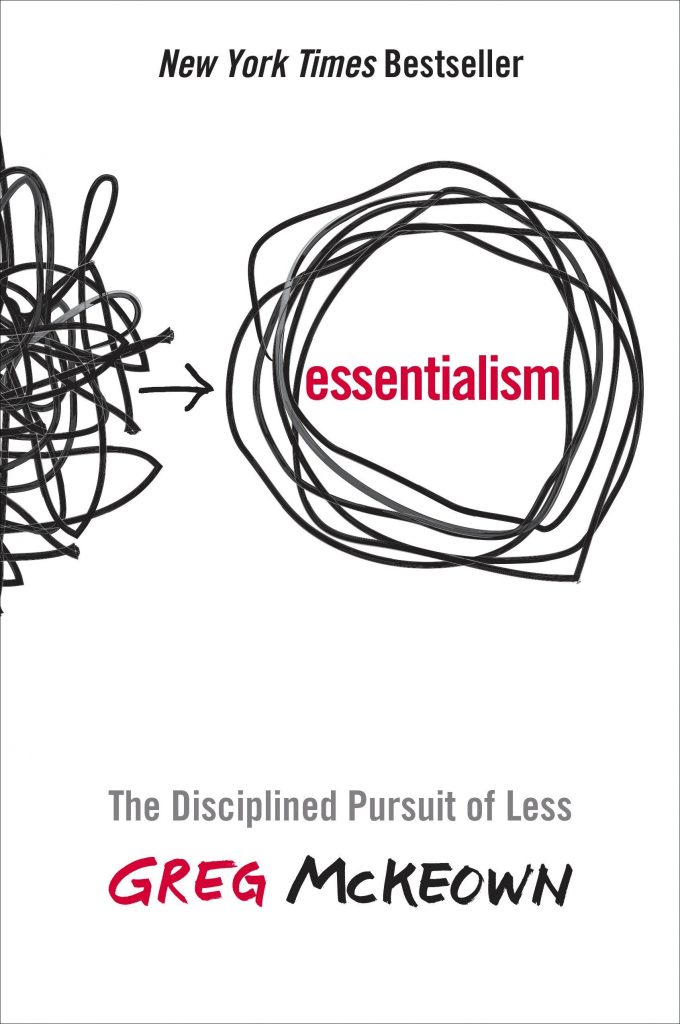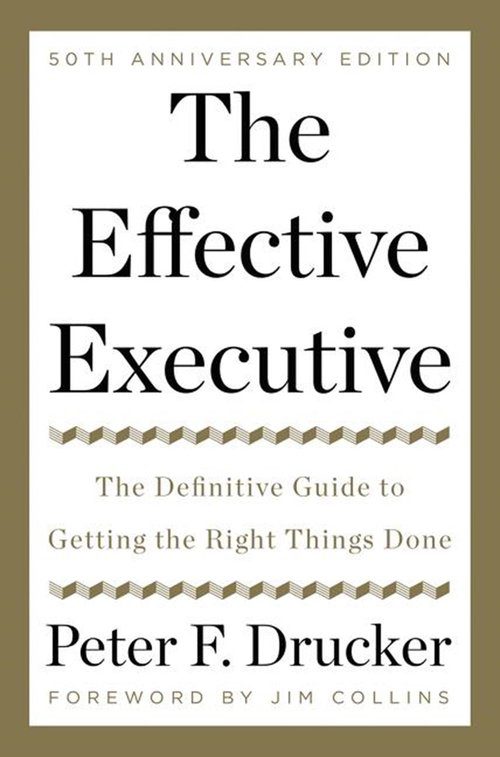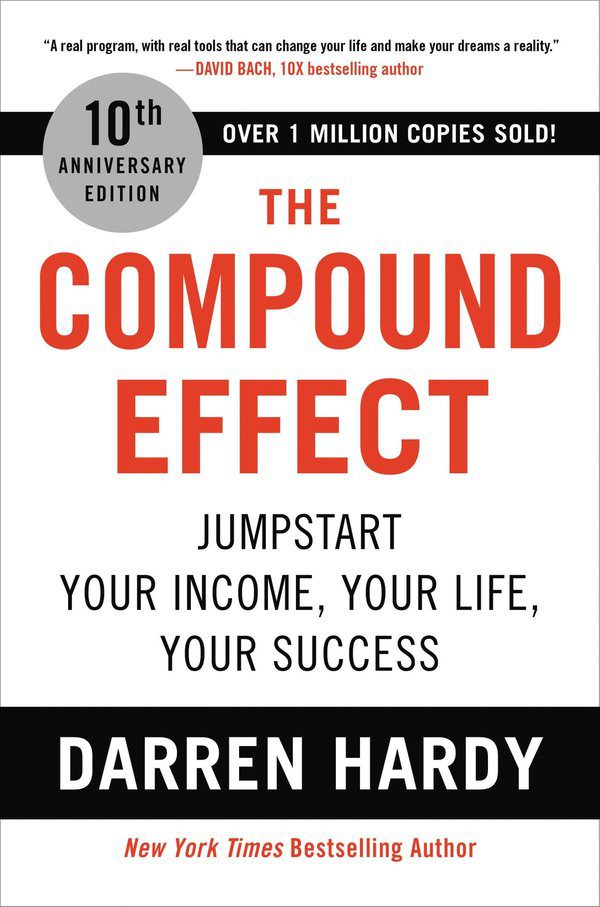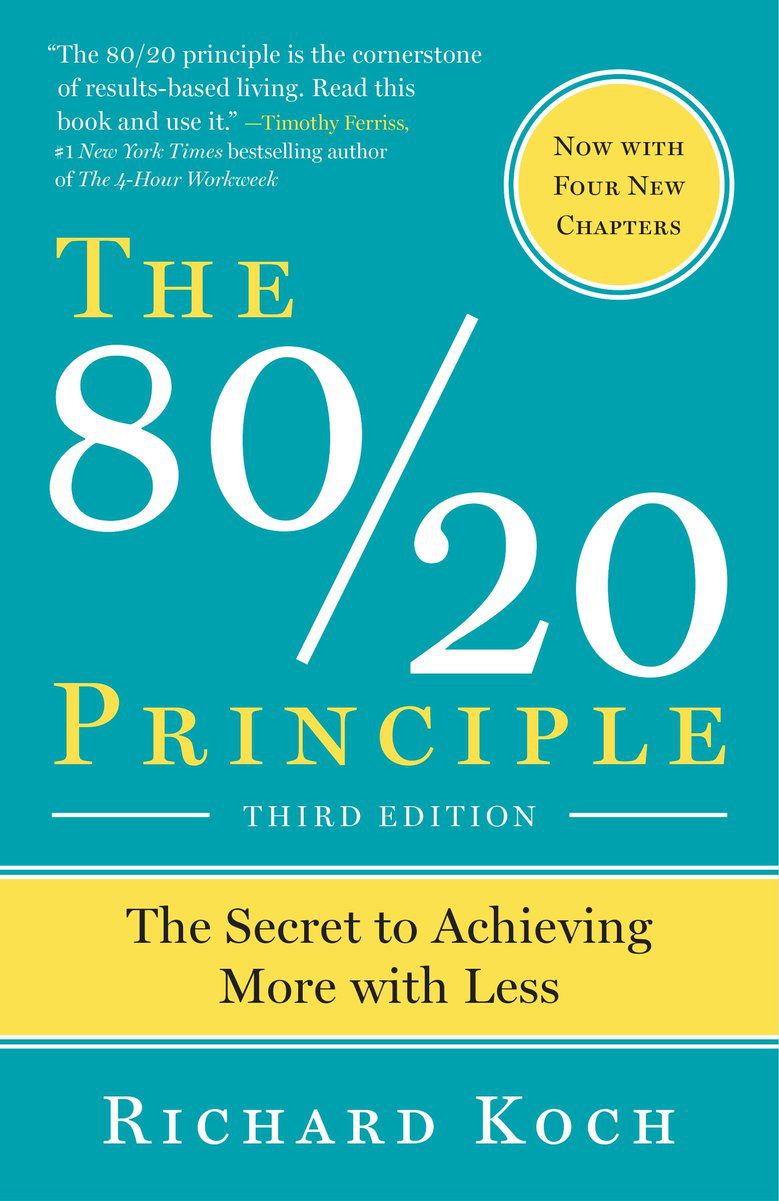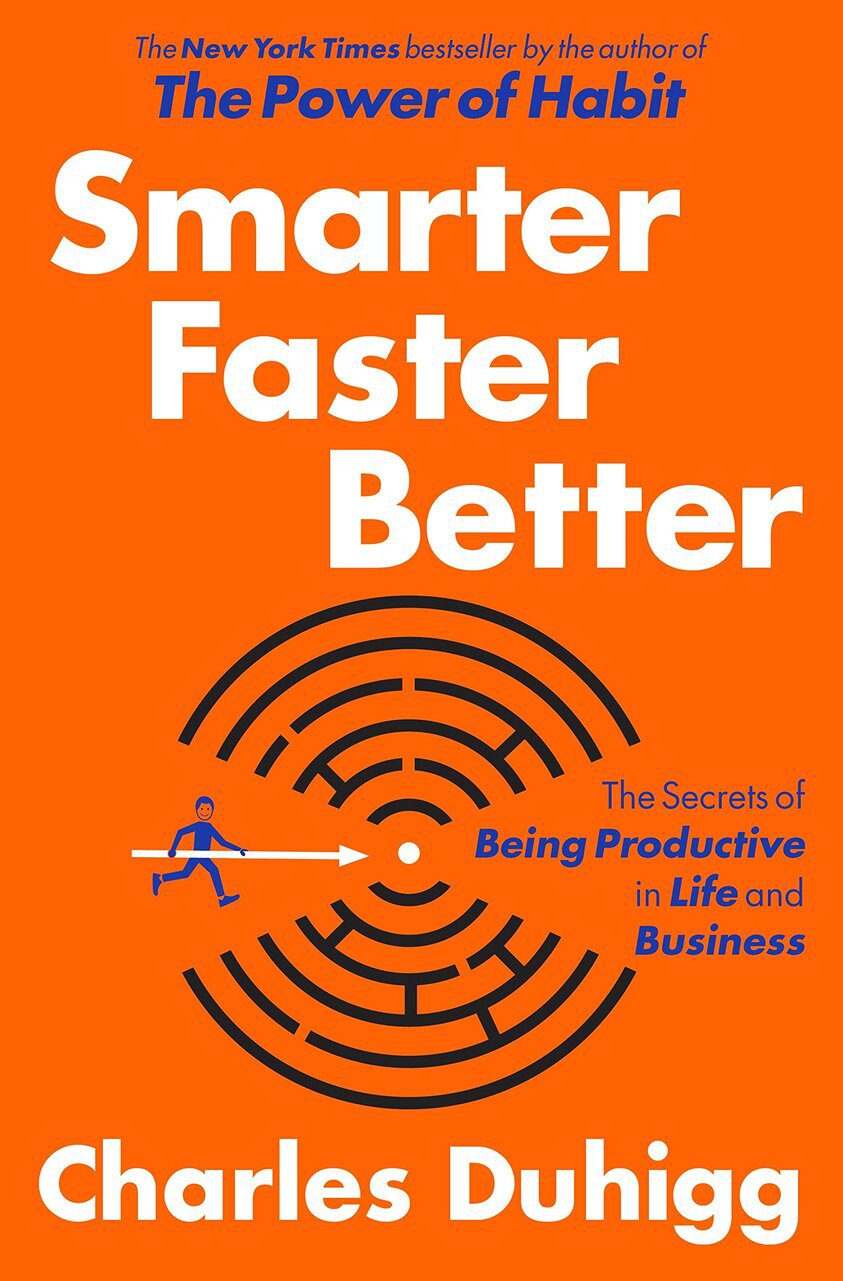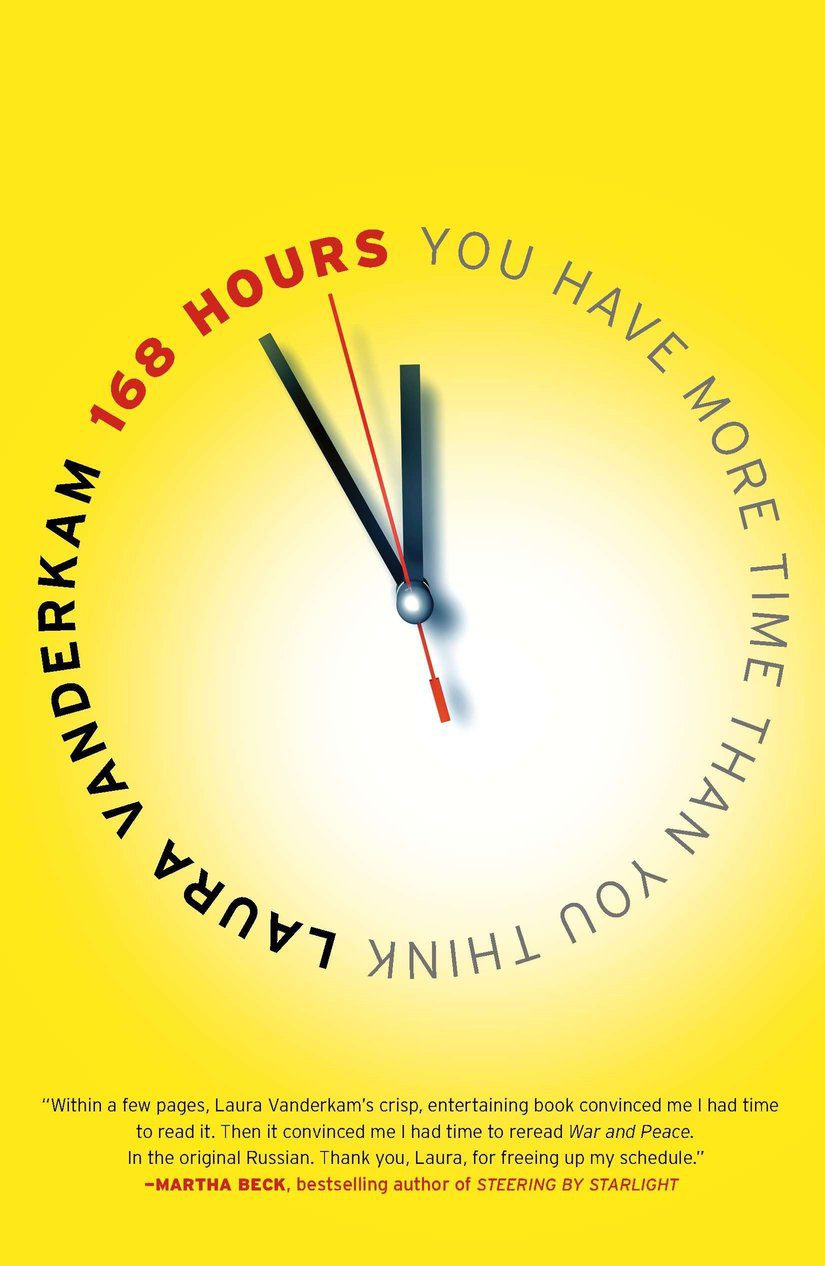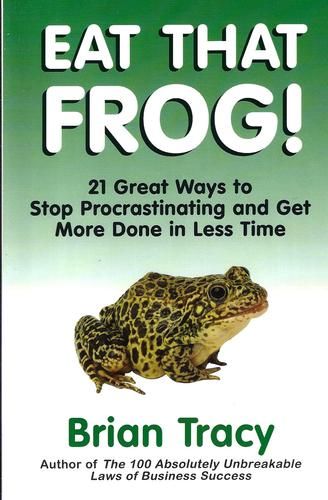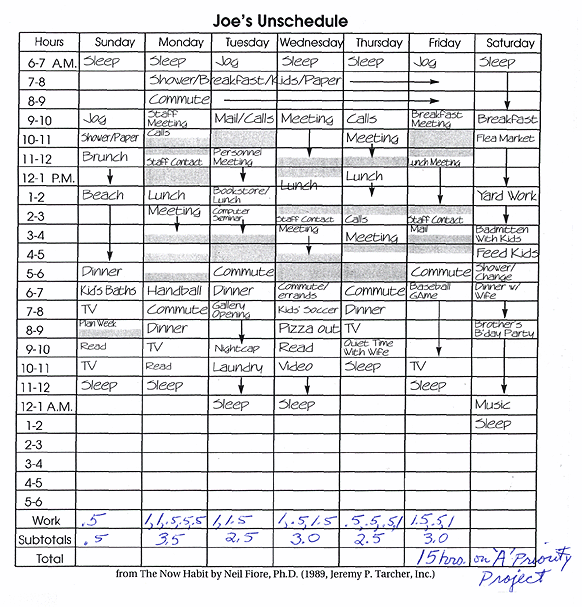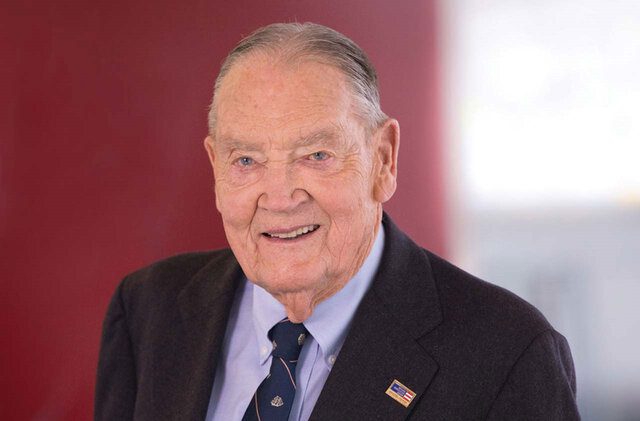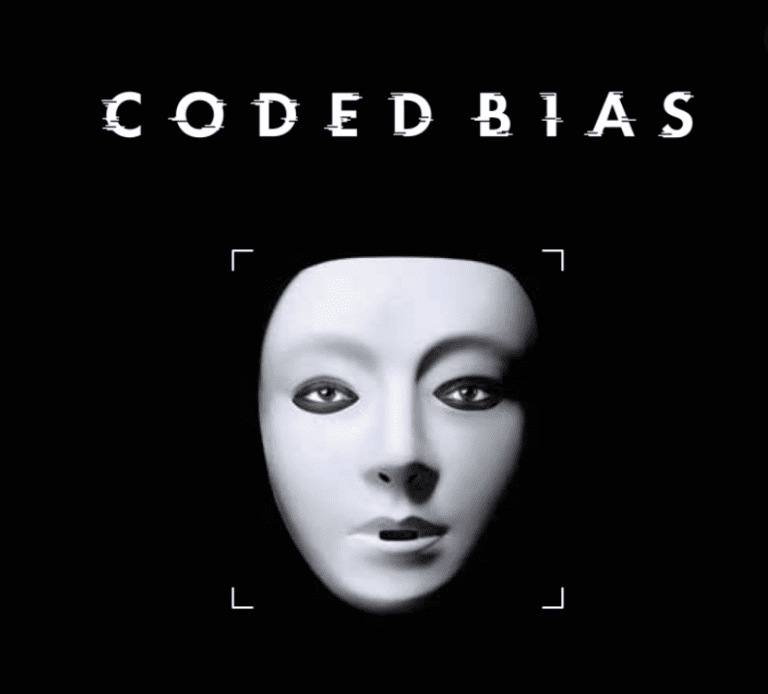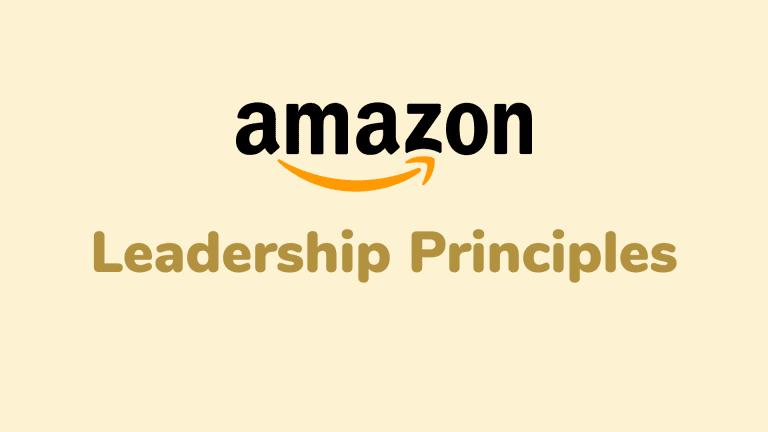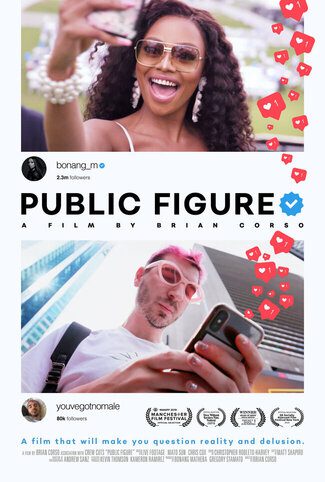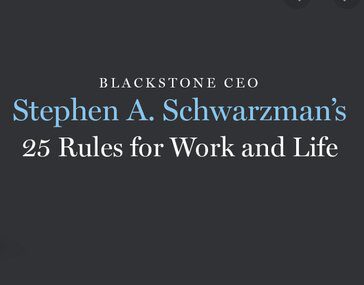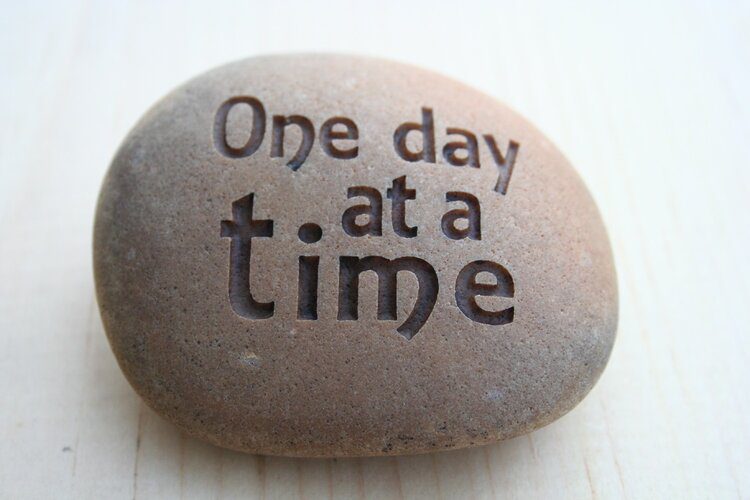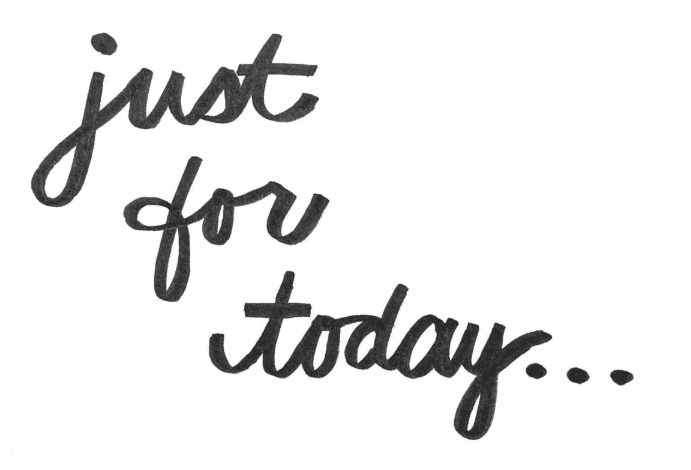The major difference between the highly successful and not too successful is the way they use their time. We all get 24 hours daily; some of us mindlessly scroll our social media timeline while some people use their time to invest in their business, spending time with their family, and focusing on what really matters to them. Time Management is mostly a myth; what we can really do is to re-order our priorities and focus on what would bring maximum output to us in the long run.
Here are some great books that could help you maximize your productivity and re-order your priorities:
- The 7 Habits of Highly Effective People: Powerful Lessons in Personal Change by Stephen R.Covey (9/10)
The seven habits of highly effective people is one of my favourite productivity book of all time. Covey present great ideas and strategies for becoming an effective and productive individual such as Become proactive, begin with the end in mid, putting first things first, seek first to understand, before you are understood, sharpening the saw, synergizing, think win/win among other strategies.
“Habit is the intersection of knowledge (what to do), skill (how to do), and desire (want to do).”
The book is one of the best known and best selling business book of all time with over 30 million copies sold worldwide, It is a classic book that contains lots of strategies and insight for personal change and effectiveness.
Print | Kindle(eBook) | Audiobook
2. The ONE Thing: The Surprisingly Simple Truth Behind Extraordinary Results by Gary Keller (9/10)
In ONE Thing, American Author and Real Estate Entrepreneur Gary Keller argue that prioritizing a single task is the major key to getting things done and achieving extraordinary results. He writes: No matter how success is measured, personal or professional, only the ability to dismiss distractions and concentrate on your ONE Thing stands between you and your goals.
What’s the ONE Thing I can do such that by doing it everything else will be easier or unnecessary?
You have only so much time and energy, so when you spread yourself out, you end up spread thin. You want your achievements to add up, but that actually takes subtraction, not addition. You need to be doing fewer things for more effect instead of doing more things with side effects.
The book discusses the benefits of prioritizing a single task, and it also provides examples of how to engage in those tasks with a singular focus.
Print | Kindle (eBook) | Audiobook | Book Summary
3. Deep Work: Rules for Focused Success in a Distracted World by Cal Newport (9/10)
Deep Work: Professional activities performed in a state of distraction-free concentration that push your cognitive capabilities to their limit. These efforts create new value, improve your skill, and are hard to replicate.
Deep Work is one of the most impactful book have ever read as I made lots of changes to how I work and manage my priorities after reading the book. The Deep work hypothesis: The ability to perform deep work is becoming increasingly rare at exactly the same time it is becoming increasingly valuable in our economy. As a consequence, the few who cultivate this skill, and then make it the core of their working life, will thrive.
Author and professor Cal Newport argue that cultivating a deep work ethic will produce massive benefits in almost any profession. He also presents a rigorous training regimen, presented as a series of four “rules” for transforming your mind and habits to support this skill. He presents ideas on how we can do less shallow work and more deep work, deepening our focus and productivity.
Shallow Work: Noncognitively demanding, logistical-style tasks, often performed while distracted. These efforts tend to not create much new value in the world and are easy to replicate.
Print | Kindle (eBook) | Audiobook | Book Summary
4. Getting Things Done: The Art of Stress-Free Productivity by David Allen (8/10)
In Getting Things Done, American productivity consultant David Allen introduces the readers to a time management tool he called The Getting Things Done (GTD) method. The GTD is based on the idea of moving all items of interest, relevant information, issues, tasks, and projects out of the mind by recording them externally and then breaking them into actionable work items. This allows attention to be focused on taking action on tasks, instead of recalling them.
“If you don’t pay appropriate attention to what has your attention, it will take more of your attention than it deserves.”
Print | Kindle(eBook) | Audiobook
5. Atomic Habits: An Easy & Proven Way to Build Good Habits & Break Bad Ones by James Clear.
In Atomic Habits, Author James Clear shares the step-by-step plan for building better habits, why tiny atomic changes can make a big difference in forming good and breaking bad habits. The book is rich with insights, examples, anecdotes, and real-life scenarios for building good habit and breaking bad habits.
Habits are like the atoms of our lives. Each one is a fundamental unit that contributes to your overall improvement. At first, these tiny routines seem insignificant, but soon they build on each other and fuel bigger wins that multiply to a degree that far outweighs the cost of their initial investment.
Until you make the unconscious conscious, it will direct your life and you will call it fate.― Carl Jung
Print | Kindle (eBook) | Audiobook | Book Summary
6. Essentialism: The Disciplined Pursuit of Less by Greg McKeown
In Essentialism, Greg McKeown draws on experience and insight from working with the leaders of the most innovative companies in the world to show how to achieve the disciplined pursuit of less. The book goes in-depth on how to pursue less and concentrate on what really matters relentlessly. As an Essentialist, you need to focus on the few really essential things, think of the trade-offs, say no more often, and EXECUTE.
“Besides the noble art of getting things done, there is the noble art of leaving things undone. The wisdom of life consists in the elimination of non-essentials.” – Lin Yutang
The way of the Essentialist means living by design, not by default. Instead of making choices reactively, the Essentialist deliberately distinguishes the vital few from the trivial many, eliminates the nonessentials, and then removes obstacles so the essential things have clear, smooth passage. In other words, Essentialism is a disciplined, systematic approach for determining where our highest point of contribution lies, then making execution of those things almost effortless.
Print | Kindle (eBook) | Audiobook | Book Summary
7. The Effective Executive: The Definitive Guide to Getting the Right Things Done by Peter Drucker
In Effective Executive, Management guru Peter Drucker shares some very great insights for becoming an effective executive such as organizing and managing your time, choosing your contribution to the organization, amplifying your strengths, setting the right priorities, and making effective decisions.
The Effective Executive: they concentrate on one task, if at all possible. After picking what needs to be done, set priorities and stick to them.
The core theme of the effective executive book is managing oneself for effectiveness. That one can truly manage other people is by no means adequately proven. But one can always manage oneself. Indeed, executives who do not manage themselves for effectiveness cannot possibly expect to manage their associates and subordinates
Print | eBook (Kindle) | Audiobook | Book Summary
8. The Compound Effect by Darren Hardy
The Compound Effect is based on the principle that decisions shape your destiny. Little, everyday decisions will either take you to the life you desire or to disaster by default. Darren shares insights gleaned from interviewing and interacting with highly successful people. The Compound Effect is the principle of reaping huge rewards from a series of small, smart choices.
Small, Smart Choices + Consistency + Time = RADICAL DIFFERENCE
Nobody intends to become obese, go through bankruptcy, or get a divorce, but often (if not always) those consequences are the result of a series of small, poor choices.
The premise of the book is that Success is the progressive realization of a worthwhile goal. Succeeding in any field requires putting in the work, and seeing the compounding results over time. Success requires putting in the work daily and consistently over a long time, small, seemingly insignificant steps completed consistently over time will create a radical difference.
Print | eBook(Kindle) | Audiobook | Book Summary
9. The 80/20 Principle: The Secret to Achieving More with Less by Richard Koch
The 80/20 Principle shows how we can achieve much more with much less effort, time, and resources, simply by identifying and focusing our efforts on the 20 percent that really counts.
80 percent of all our results in business and in life stem from a mere 20 percent of our efforts.
The unspoken corollary to the 80/20 principle is that little of what we spend our time on actually counts. But by concentrating on those things that do, we can unlock the enormous potential of the magic 20 percent, and transform our effectiveness in our jobs, our careers, our businesses, and our lives.
Print | Kindle (eBook) | Audiobook | Book Summary
10. Smarter Faster Better: The Transformative Power of Real Productivity by Charles Duhigg.
At the core of Smarter Faster Better are eight key concepts—from motivation and goal setting to focus and decision making—that explain why some people and companies get so much done. Drawing on the latest findings in neuroscience, psychology, and behavioral economics—as well as the experiences of CEOs, educational reformers, four-star generals, FBI agents, airplane pilots, and Broadway songwriters—the book posits that the most productive people, companies, and organizations don’t merely act differently.
“Productivity is about recognizing choices that other people often overlook. It’s about making certain decisions in certain ways.”
Theme: If you can become more motivated, more focused, better at setting goals and making good decisions, then you’re a long way down the path to becoming more productive.
Print | Kindle (eBook) | Audiobook | Book Summary
11. 168 Hours: You Have More Time Than You Think by Laura Vanderkam
In 168 hours, there is easily time to sleep 8 hours a night (56 hours per week) and work 50 hours a week, if you desire. That adds up to 106 hours, leaving 62 hours per week for other things.
Laura Vanderkam, in her book 168 Hours: You Have More Time Than You Think, shares some great insights on how we have more time than we think we do have and how our time can be maximized by focusing on our priorities. 168 Hours is the story of how some people manage to be fully engaged in their professional and personal lives. It is the story of how people take their careers to the next level while still nurturing their communities, families, and souls.
The weekly 168-hour cycle is big enough to give a true picture of our lives. Years and decades are made up of a mosaic of repeating patterns of 168 hours. Yes, there is room for randomness, and the mosaic will evolve over time, but whether you pay attention to the pattern is still a choice.
Print | Kindle (ebook) | Audiobook | Book Summary
12. Eat That Frog!: 21 Great Ways to Stop Procrastinating and Get More Done in Less by Brian Tracy
There’s an old saying that if the first thing you do each morning is eat a live frog, you’ll have the satisfaction of knowing you’re done with the worst thing you’ll have to do all day. In Eat that Frog, Author Brian Tracy uses eat that frog as a metaphor for tackling our most challenging task first and in the process of overcoming procrastination and in the process getting things done.
“If you have to eat two frogs, eat the ugliest one first.” This is another way of saying that if you have two important tasks before you, start with the biggest, hardest, and most important task first.”.
Print | Kindle(eBook) | Audiobook
Honourable Mentions
All the Best in your quest to get Better. Don’t Settle: Live with Passion.

